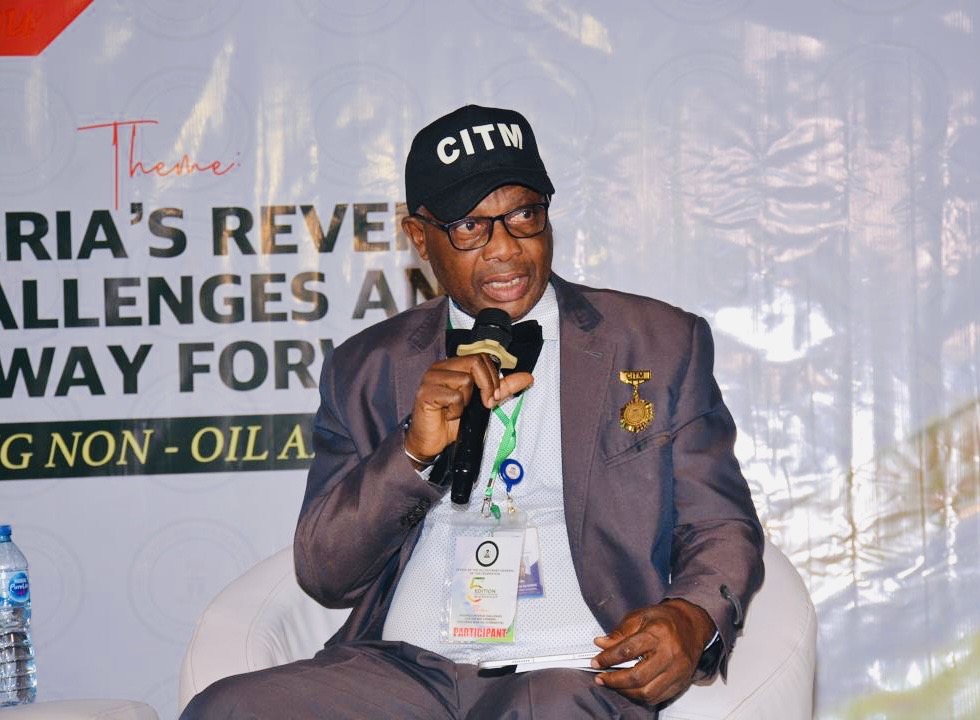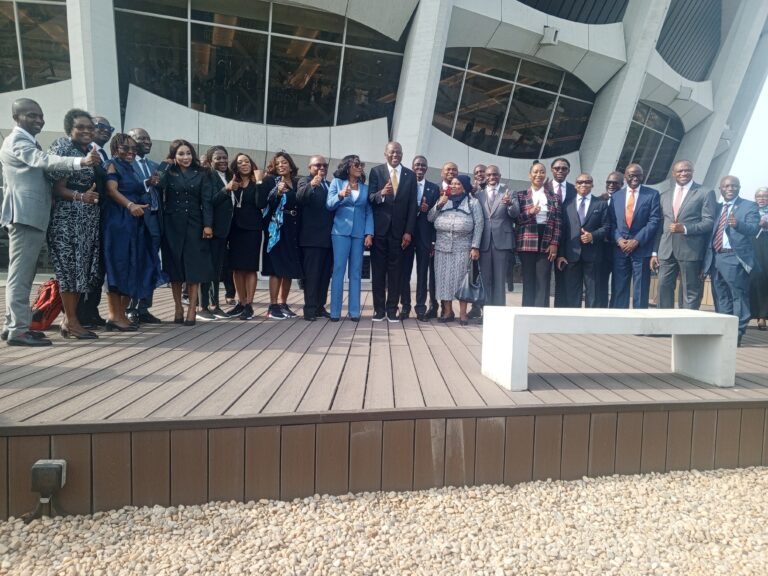CITM urges CBN to back Naira with gold reserves
By Aderogba George
The Chartered Institute of Treasury Management (CITM) on Friday called on Nigeria’s monetary authorities to consider partially backing the Naira with gold reserves as a means of stabilising the currency.
The Institute’s Registrar, Mr Adedoyin Olumide, who made the call during an interview with the News Agency of Nigeria (NAN) outlined a strategic approach to restoring confidence in the Naira.
He spoke on the theme: ‘Strengthening the Naira Through Partial Gold Reserve and Gold Sovereign Wealth Fund: A Clarion Call to Monetary Authorities’.
He noted that although Nigeria does not operate a gold standard, the Central Bank of Nigeria (CBN) could implement a partial gold reserve system to support the national currency.
Olumide stressed the need to formalise Nigeria’s largely informal artisanal gold mining sector through licensing and regulatory reforms.
He suggested that the CBN initiate a policy to purchase gold directly from licensed local miners, supported by investment in mining technology and partnerships with international refineries.
He said the establishment of a sovereign gold fund would allow the CBN to accumulate reserves and use gold to stabilise the Naira in the foreign exchange market.
According to him, this would strengthen demand for the Naira, enhance investor confidence, and improve the currency’s competitiveness and value.
He also called for the development of local gold refineries to add value to raw gold, retain profits, and grow national reserves.
The registrar proposed legal reforms to mandate that a percentage of locally mined gold be sold to the CBN, mirroring Ghana’s model of centralised gold purchases.
He emphasised the need to prevent illegal exports and give the CBN first refusal rights on refined gold bars to grow its reserves.
He advocated transparency through ethical sourcing, stamping, and certification to make Nigerian gold more acceptable in international markets.
Olumide said adherence to standards like the London Bullion Market Association (LBMA) would improve traceability and pricing of Nigerian gold.
He argued that holding more gold would enable the CBN to use reserves as collateral for international loans or to issue gold-backed bonds.
He added that this would boost Nigeria’s creditworthiness and reduce borrowing costs, especially during economic uncertainty.
He noted that gold retains value during inflation and currency depreciation, making it a reliable hedge in volatile economic periods.
He said the government must raise awareness among miners, local communities and businesses to ensure buy-in and minimise resistance.
He also called for stakeholder engagement to discourage illegal mining and encourage lawful participation in the formal gold economy.
He encouraged collaboration with international organisations for technical assistance in refining, investment, and infrastructure development.
He warned that challenges such as corruption, insecurity and inadequate funding must be addressed through institutional reforms and stronger oversight.
He said that incorporating gold into Nigeria’s monetary strategy would help stabilise the Naira and reduce inflation.
He added that although a full return to the gold standard may be unrealistic, partial backing would offer a practical path to restoring the currency’s value. (NAN)
Edited by Tosin Kolade







